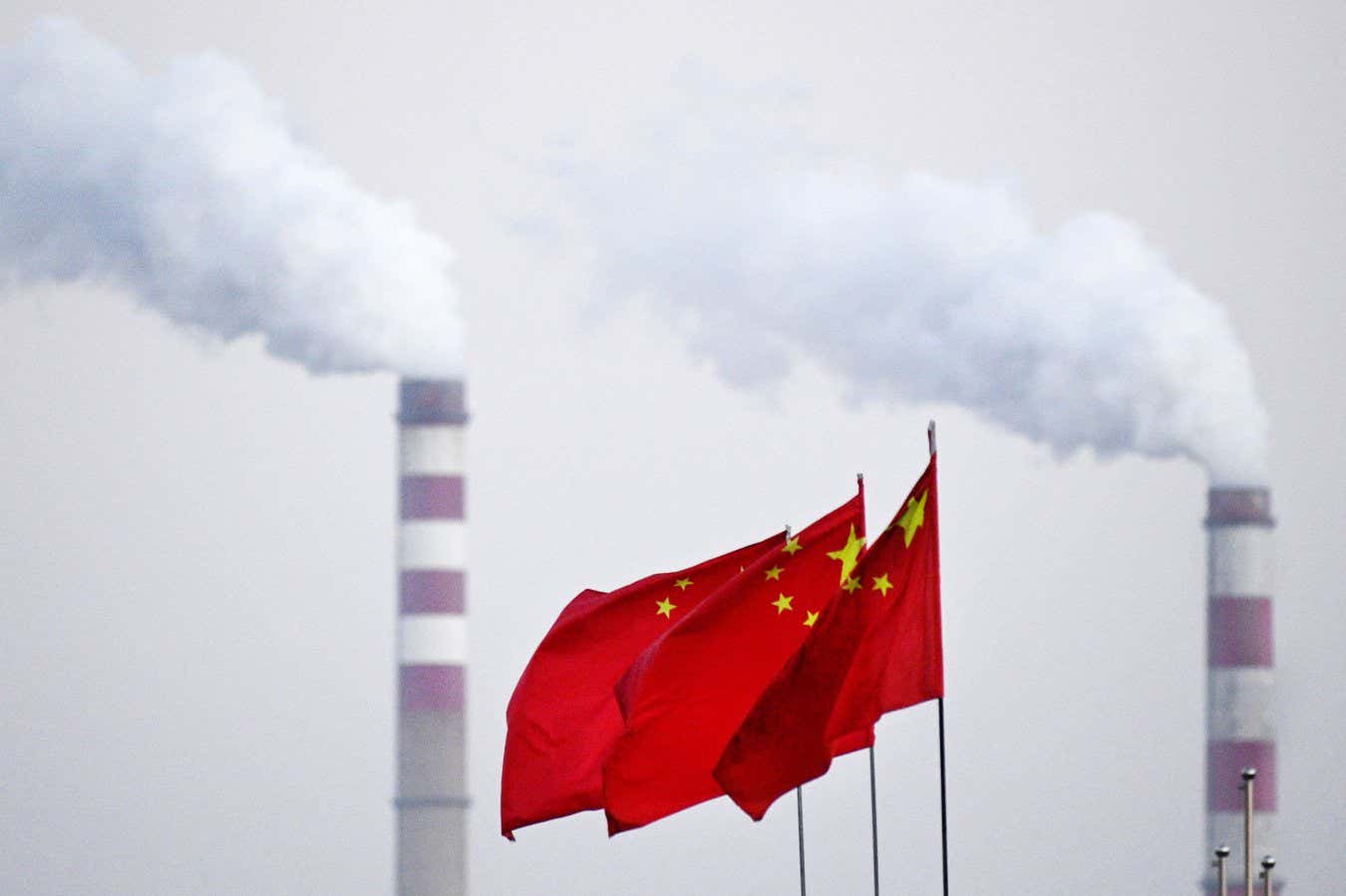Now Reading: Is China Poised to Lead the Global Climate Agenda?
-
01
Is China Poised to Lead the Global Climate Agenda?
Is China Poised to Lead the Global Climate Agenda?

Rapid Summary
- China’s president, Xi Jinping, is positioned to potentially take on a leadership role in global climate action.
- As 2006, China has been the world’s largest emitter of greenhouse gases due to rapid industrialization but is also a leader in solar panel manufacturing.
- Xi has avoided attending COP climate summits since 2015 but may attend COP30 in November 2023 in Belém, Brazil.
- China’s current pledge is carbon neutrality by 2060. This contrasts with many nations that aim for net-zero emissions by 2050.
- Recent reports suggest that China’s CO2 emissions may have peaked,opening opportunities for stronger climate commitments.
- Analysts believe Xi might announce an interim target like emission cuts by 2040 at COP30. A net-zero pledge by 2050 could have global ramifications if adopted.
!campaign=RSS%7CNSNS&utmsource=NSNS&utmmedium=RSS&utmcontent=home”>Read More
Indian Opinion Analysis
China’s potential shift towards stronger climate leadership comes at a time when geopolitics adn environmental accountability are deeply intertwined. India’s position as another major emerging economy warrants careful observation of Beijing’s moves. As one of the fastest-growing contributors to global emissions itself, India faces increasing international pressure alongside other developing nations to align its policies with global net-zero goals.
A chinese commitment to achieving net zero earlier than planned would create ripple effects globally-strengthening green tech innovation while intensifying competition and collaborative opportunities within renewable energy sectors. for India, this means heightened urgency not only to accelerate clean energy adoption but also strategically position itself as an equal partner or counterbalance within international negotiations.
As COP30 approaches with mixed expectations for meaningful progress across national targets, New Delhi might consider leveraging its voice alongside Brazil or engage constructively with any new Chinese pledges for long-term gains. A coordinated response targeting technology sharing could benefit India’s ambitions without compromising developmental priorities-a delicate balance that defines much of India’s stance on environmental commitments today.























